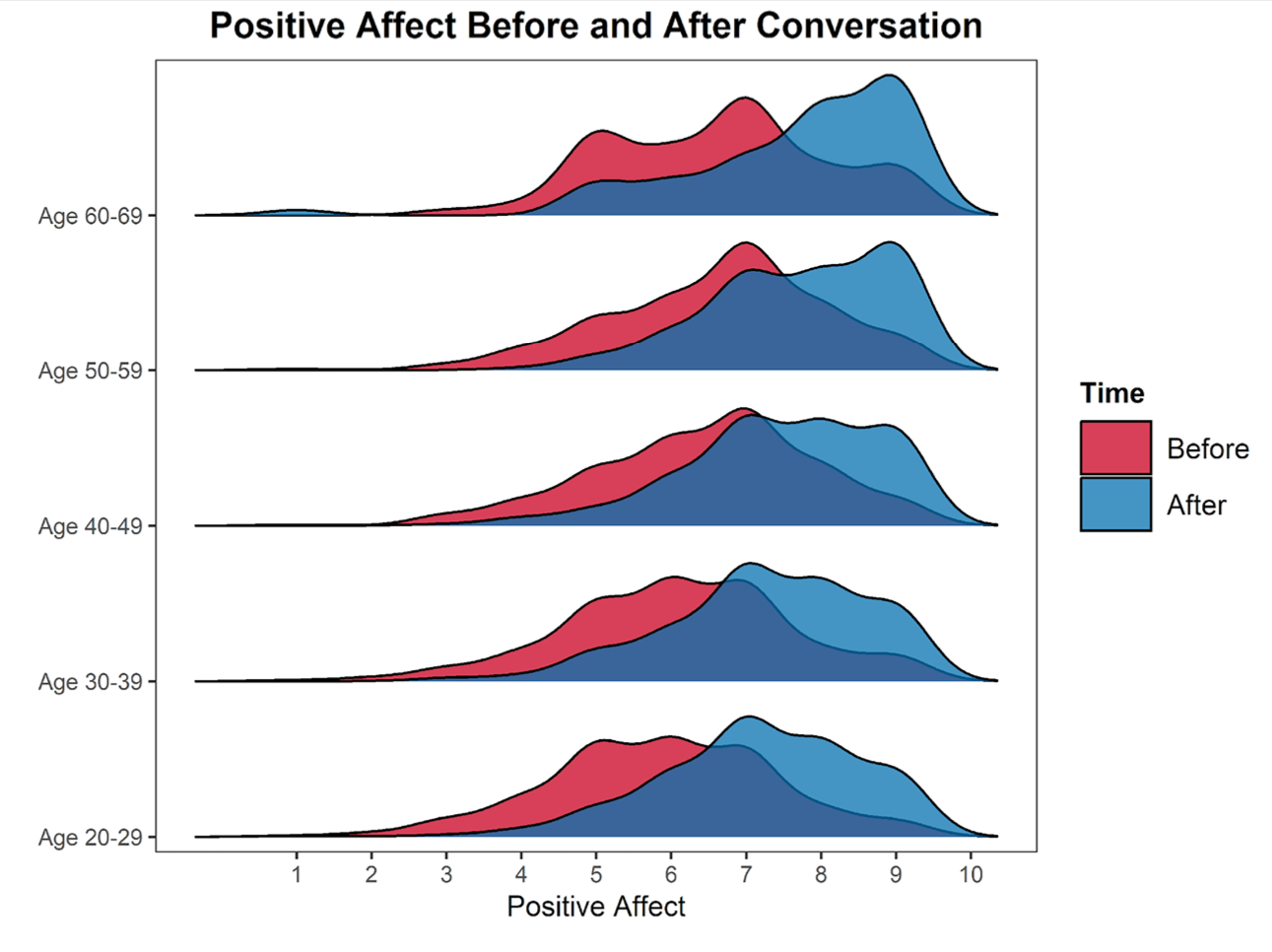Are Your Donor Conversations Any Good?
Conversation abounds in the world of fundraising whether in-person or over the phone. Everybody makes note that we should be active listeners and strive for making a conversation, well, you know, “conversational”. That feels thin.
The social science world has done a lot to get a more robust answer. This has implications for humans talking to humans but is of equal import for automated, AI bots that we’ve all experienced in customer service world on a website.
For starters, conversations are positive. I’ve come across many charities that refuse to consider telefundraising or are opposed to canvassing. These are often prejudicial, subjective biases. As proof, research shows we humans consistently underrate the enjoyment a stranger gets from having a conversation with us. If I wrongly believe a stranger won’t enjoy a conversation with me then I’m doubly convinced and doubly wrong they won’t enjoy a conversation with someone else.
It’s true some TM and F2F shops will create guilt induced, pressurizing experiences. That’s an indictment on the shops, not the power of conversation.

The chart above shows mood before and after a conversation. It’s a big, positive shift in mood after conversations and age makes no difference. I imagine a direct mail letter or email or social post having a hard time consistently creating this level of positive mood shift.
Not all conversations are created equal. What are the features of a good vs. bad conversationalist?

The blue marks are good conversationalists and they talk,
- Slightly faster (about .1 word per second faster)
- With greater variation in their loudness
- With more intensity
- With more novelty to the conversation when warranted but staying on topic as needed too
- With more behavioral cues of head nodding and smiling
Kevin



I find use of terms like listening and – Ugg- be “conversational” to have drifted to the functional levels ineffective. For more than 40 years, I have evolved in advising major gifts fund raisers, I think it is true of all, BE
CURIOUS.
If curiosity is not your automatic life’s calling, then I suggest you discipline yourself to three accountable results following any encounter with a donor
1. How is their business, profession, special volunteer work, etc. going. Probe that with follow up questions. They want to talk about it.
2. How is their family, Mom, Dad, kids, grandkids, — or even families of mutual friends or employees. Being aware of health and activities gives you insight into possible financial or emotional strain.
3. How are we doing? Of course you want to know about the organization’s relationship. I put it last because so often that is all you talk about resulting in affirmation or criticism. But after a while it doesn’t contribute to your evaluation of their real interests. This has converted in my career thousands of gift from under million to several million dollar commitments.
Bob – you are probably an excellent conversationalist, maybe a natural, but after 40 years, you surely have had lots of practice to gain your insight. Thank you for sharing. I’m curious – in addition to the Agitator, who or what source are other influencers in your craft?